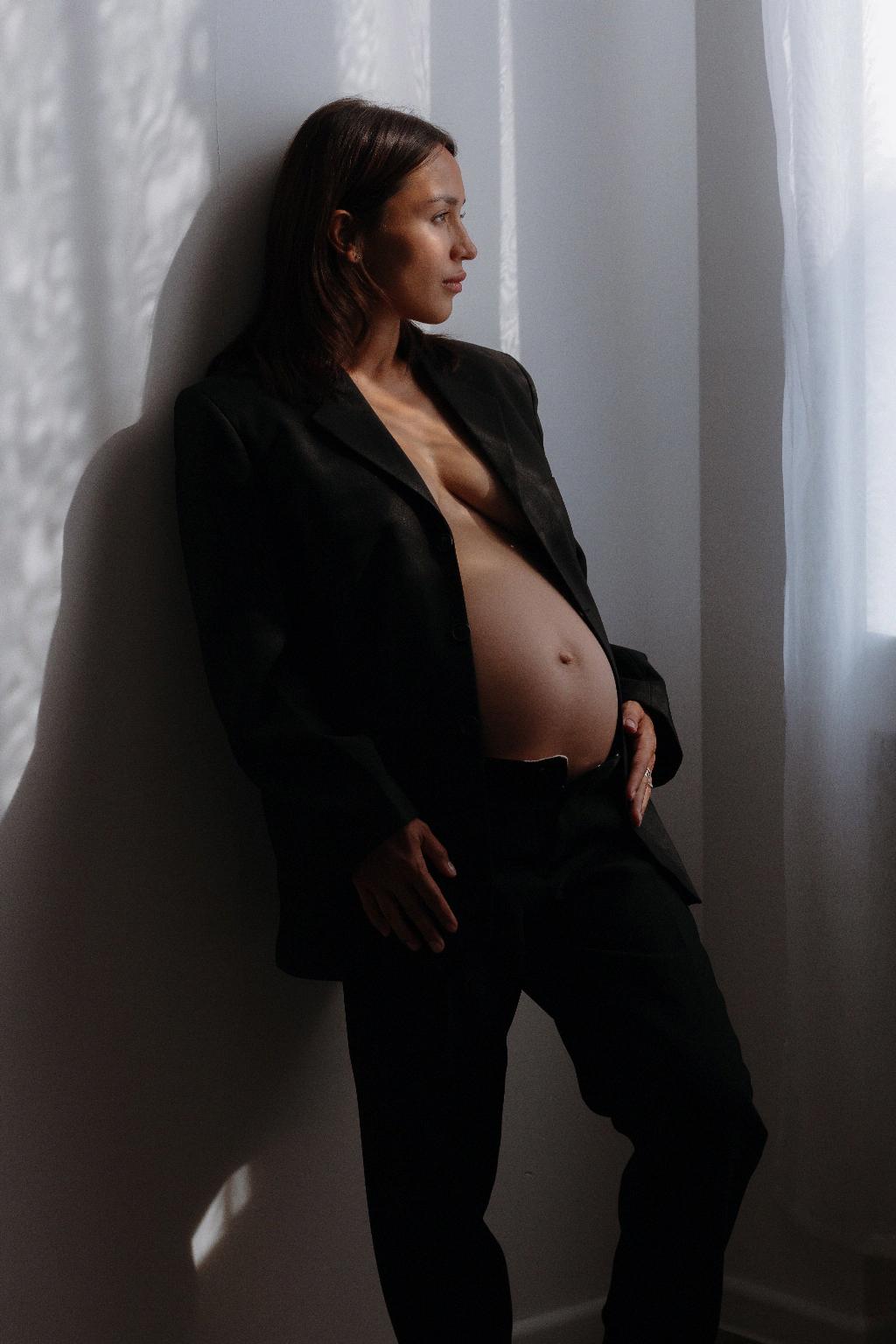Feeling your baby move for the first time is an exciting milestone in pregnancy. Many expectant mothers eagerly anticipate the sensation of their baby’s movements, but the timing can vary from woman to woman. At 15 weeks pregnant, some women may start to feel their baby move, while others may not yet perceive these early flutters.
Quickening, the term used to describe the first movements of the fetus, typically occurs between 13 and 16 weeks of pregnancy. These initial movements are often subtle and are commonly likened to flutters or bubbles. It’s essential to note that every pregnancy is unique, and the timing of when you first feel your baby move can differ.
As your pregnancy progresses, the movements of your baby will become more pronounced and identifiable. While at 15 weeks, these movements may still feel faint and sporadic, you may start to notice a pattern emerging over time. Some expectant mothers may initially mistake these movements for gas or other bodily sensations due to their subtlety.
It’s important to remember that factors such as the position of the placenta, the location of the baby, and the strength of your uterine muscles can influence when you feel fetal movements. If this is your first pregnancy, you may not recognize the early movements as readily as someone who has been pregnant before.
Feeling your baby move can vary not only between pregnancies but also within the same woman during different pregnancies. The sensation of fetal movements can be influenced by the amount of amniotic fluid, the placement of the baby, and your individual sensitivity to the subtle motions occurring within your uterus.
As your baby grows and develops, the movements will become more defined and noticeable. By the second trimester, many expectant mothers find comfort in feeling their baby’s movements as a reassuring sign of their baby’s well-being. However, it’s essential to consult with your healthcare provider if you have any concerns about your baby’s movements or if you notice a decrease in activity.
While some women may feel their baby move as early as 15 weeks, others may not experience these sensations until later in the pregnancy. Factors such as your individual physiology, the position of your baby, and the thickness of your abdominal wall can influence when you perceive these movements.
It is not uncommon for first-time mothers to feel their baby move later in pregnancy compared to women who have had previous pregnancies. The increased awareness of fetal movements and familiarity with the sensation can lead experienced mothers to detect their baby’s movements earlier in subsequent pregnancies.
It’s essential to remain patient and attentive to your body as you await the unmistakable feeling of your baby’s movements. While the exact timing of when you will feel your baby move can vary, the anticipation and excitement of that first flutter are universal experiences shared by many expectant mothers.
Pay attention to the subtle sensations within your abdomen and trust your instincts as you bond with your growing baby. Pregnancy is a remarkable journey filled with wondrous moments, and feeling your baby move for the first time is a significant milestone that marks the beginning of a closer connection with your little one.
Remember to cherish these fleeting moments of early movement, as your baby’s kicks and stretches will become more vigorous and prominent in the weeks to come. Embrace the joy and wonder of feeling your baby move within you, a tangible reminder of the precious life growing and thriving inside your womb.
Whether you first feel your baby move at 15 weeks or later in your pregnancy, the experience of connecting with your unborn child through their movements is a poignant reminder of the miraculous journey of pregnancy. Embrace each flutter, kick, and roll as a testament to the incredible bond between mother and baby.

